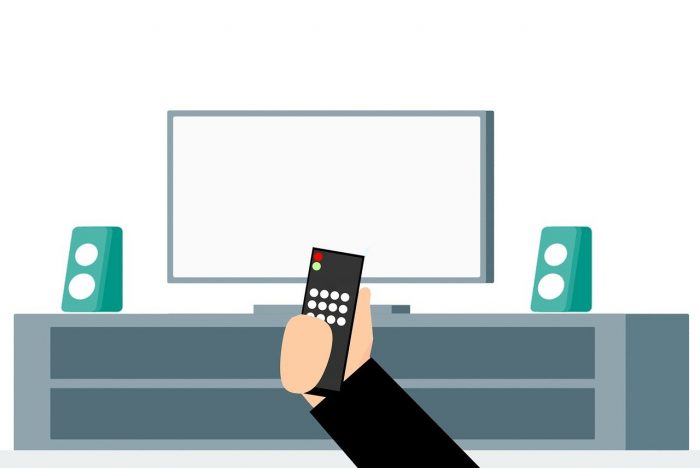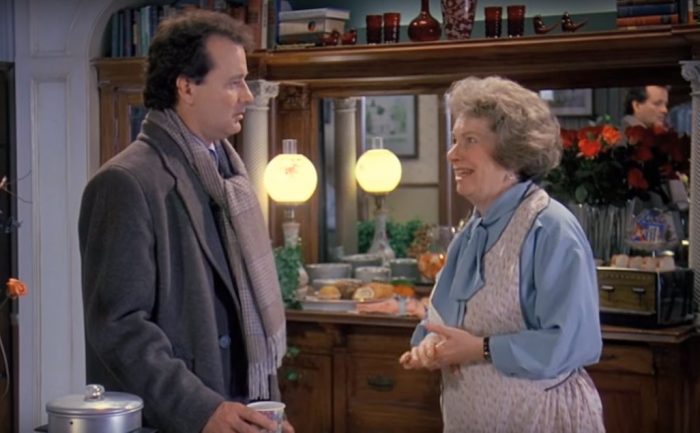By Daniel Dunaief
Everywhere we go, we are surrounded by sights, sounds, and smells. More often than not, other people need something from us, want to talk with or at us, and expect us to provide feedback, learn from them, acknowledge them or validate their existence.
At the same time, our texts, emails, social media apps, and others require checking, replying, reacting and thought.
Throughout the day, we aren’t just draining our cell phone’s battery, we are also draining our own battery. We need time for our nervous system to catch up, to take a break and to experience the world around us in a calmer way.
For me, that happened recently when I went to a religious service. I don’t go all that often even though I often walk away feeling refreshed.
These services offer an opportunity not only to disconnect from my phone for several hours, but also a chance to be present, centered, and focused.
The words and the songs are familiar, which other members of the congregation say or sing, helping me feel like I’m a part of a connected group.
During the service, I am focused on where I am, reading the same text as everyone else and reacting, as if by reflex, to some of the interactive speaking parts.
This occurs even when I travel, as I did recently to attend a service. I didn’t know most of the people in the room and yet we reacted and interacted for several hours as if we had grown up next to each other, played on the street with our neighbors, attended the same schools and shared the same hopes for ourselves and our children.
Some of the songs had slightly different melodies, but they were more of a variation on a theme than a journey into another religious, spiritual or musical genre.
During these times in a house of worship, I appreciate and enjoy the quieter voice of some of the speakers, who encourage me to think of myself and my world in different ways and who share a wonderful combination of thought, insight, perspective, and spiritual ideas.
While I listen to them, some thoughts I have that might otherwise not bubble up to the turbulent surface of my life, where a combination of bright sun, wind, and cross currents of thoughts, ideas, actions and deadlines create a potentially exciting but murkier picture, can receive attention.
Through these thoughts, I can make connections to earlier versions of myself, track where I am and where I’m heading, and think about people who helped shape who I am but are no longer in my life.
I can also delve more deeply into the kinds of questions and thoughts that don’t tend to help with an assignment or a deadline, pondering the nature of existence and the meaning of life
I can reflect on the amazing and inspirational people I am fortunate to know, and the exhausting but miraculous gift of our children, who inherit the world we helped shape or alter during the course of our lives.
One image often appears in my mind as I breathe, think and listen during the service: that is of a tree with the words “I was here.” When I was younger, I didn’t understand why anyone would cut into a tree to let the world know they were here.
Over time, I’ve thought about the cave drawings primitive man made, the graffiti that adds color and chaos to our world and those words in a tree in the same way. In those moments, people are declaring, the way Neil Armstrong and Buzz Aldrin did when they planted an American flag on the moon, that their journey through life brought them to this place and time. They are announcing and reaffirming themselves.
I’m not advocating for carving anything into a tree or for painting graffiti. Instead, by sitting, standing and singing together, we are announcing to the other people in the room and to ourselves not just that “I am here,” but that “We are here.” While we might take that for granted much of the time, a religious service gives us the chance to marvel at the wonder of the connections we’ve made and at our existence and all it does and could mean.















